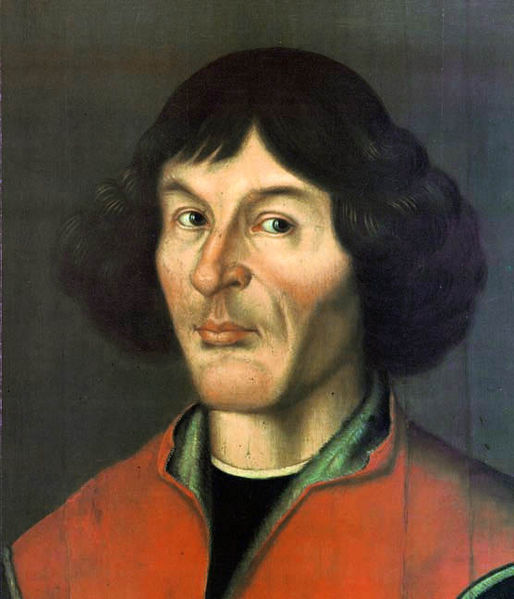March 5, 2014, by Warren Pearce
CALL FOR PAPERS, EASST 2014 – Solidarity and plurality: dimensions of ‘the public’ in scientific engagement
We warmly invite papers to our Making Science Public panel Solidarity and plurality: dimensions of ‘the public’ in scientific engagement, being held at the European Association for the Study of Science and Technology (EASST) conference in Toruń, the birthplace of Copernicus, on September 17-19. The panel is co-chaired by Stevienna De Saille and Warren Pearce (Making Science Public Research Fellows).
The full call for papers is here, which ends on April 23rd. Please feel free to get in touch informally regarding potential submissions prior to submitting an abstract online.
The panel encompasses issues around how ‘the public’ is defined in various contexts, and the implications this has for the engagements often called for between scientific experts, policy-makers and the general public.
FULL PANEL DESCRIPTION:
Through its interrogation of the production of technoscientific artefacts and knowledge, the field of science and technology studies has been key to the collective project of ‘making science public’. In recent years, this work has been linked to new forms of practice such as experiments in public participation, anticipatory governance, responsible innovation, and calls for more inclusive modes of engagement between scientific experts, policy-makers and the general public. However, the institutional norms of both science and public policy have often proven difficult to dislodge, complicating the process of incorporating values and ethics into scientific decision-making, and the use of scientific evidence in the political sphere. How and by whom ‘the public’ is defined — as a generality or as specific collectivities — is central to understanding the confluence of growing inequality and the call for inclusive practices of governance for directing technoscience towards ‘the public good’.
We warmly invite a range of empirical and theoretical studies exploring these and other questions relating to science, policy and public engagements. These could include, but are not limited to the following:
- Who sets the rules of engagement?
- Who is defined as ‘unruly’ and therefore outside ‘the public’?
- What are the role(s) of publics, as perceived by different actors in the engagement process and how are they transformed and/or (dis)empowered by their situated context?
- Are there substantive differences between ‘new’ forms of inclusive engagement versus older models, and how are asymmetries in power, knowledge and expertise understood?
No comments yet, fill out a comment to be the first


Leave a Reply